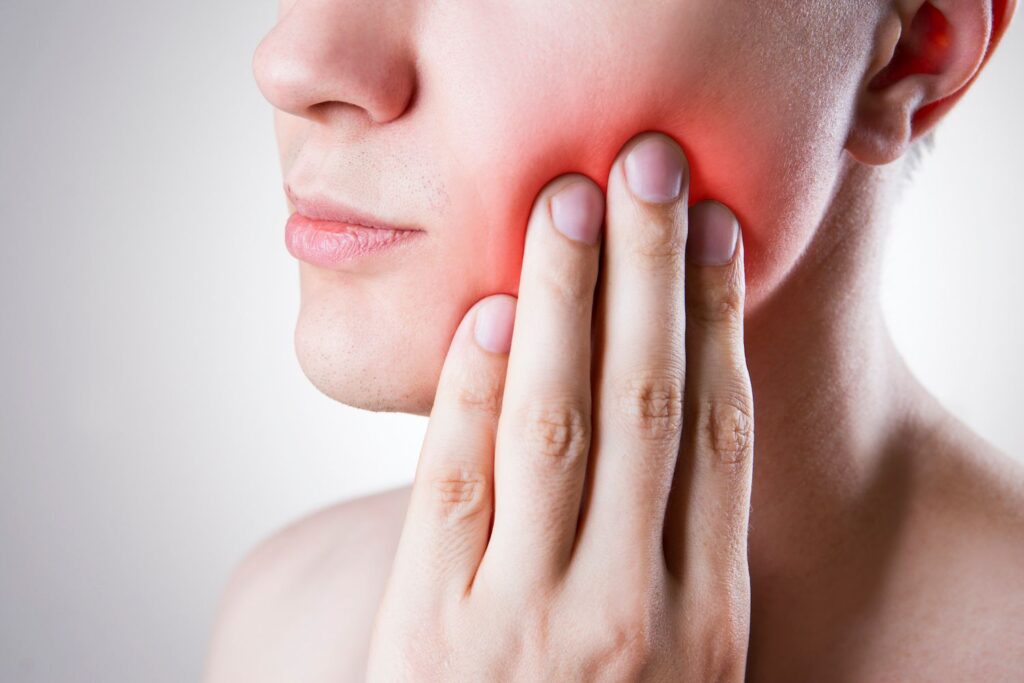Our teeth are incredibly strong and durable, but they’re not invincible. While they can withstand the forces of chewing and biting, certain habits, activities, and accidents can put them at risk of damage. If you suffer from a broken tooth, you may feel pain and discomfort.
Furthermore, you may be at risk of developing an infection. There are several common ways that you can break your teeth. Luckily, you can protect your teeth and smile from harm.


Understanding Tooth Structure
Before delving into the various ways teeth can break, let’s take a moment to understand their structure. Teeth are made up of different layers:
Enamel: The outermost layer of the tooth, enamel is the hardest substance in the human body. It also protects the underlying layers from damage and decay.
Dentin: Beneath the enamel lies the dentin, a dense, yellowish tissue that forms the bulk of the tooth structure.
Pulp: At the center of the tooth is the pulp, which contains nerves, blood vessels, and connective tissue.
When a tooth breaks, it can expose the sensitive inner layers to bacteria and other harmful substances, leading to pain, infection, and further damage if left untreated.
Common Causes of Tooth Breakage
A broken tooth is one of the more common types of dental emergencies. If you understand how a break can happen, you might avoid a broken tooth to begin with. On the other hand, you will be more prepared to handle the accident.
Trauma: Accidents, falls, sports injuries, and vehicle collisions can all result in trauma to the mouth. This may lead to broken or chipped teeth.
Biting Down on Hard Objects: Chewing on hard objects such as ice, popcorn kernels, or pens can exert excessive force on the teeth, causing them to crack or break. It is also crucial to not chew or bite on non-food items. It can damage your teeth and your oral health.
Grinding and Clenching: Habitual teeth grinding or clenching, also known as bruxism, can wear down the enamel over time. Unfortunately, weakening the teeth can increase the risk of breakage.
Poor Oral Hygiene: Neglecting proper oral hygiene practices can lead to tooth decay and weakened enamel. This can also make the teeth more susceptible to breakage.
Dental Cavities: Untreated cavities can weaken the structure of the tooth and compromise its integrity, increasing the risk of damage.
Age: As we age, the enamel naturally wears down. This can make the teeth more prone to breakage and damage. As a result, you need to visit the dentist regularly as you age.
Protecting Your Teeth from Breakage
Fortunately, there are steps you can take to protect your teeth from breakage and maintain a healthy smile:
Wear a Mouthguard: If you participate in contact sports or activities that pose a risk of facial injury, wear a mouthguard to protect your teeth from trauma.
Manage Stress: If you grind or clench your teeth due to stress, practice relaxation techniques such as deep breathing, meditation, or yoga to reduce tension and protect your teeth from damage.
Seek Prompt Treatment: If you experience tooth pain or sensitivity or notice any changes in your teeth, seek prompt dental care to address any issues before they worsen.
